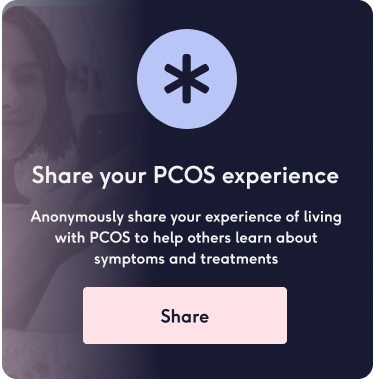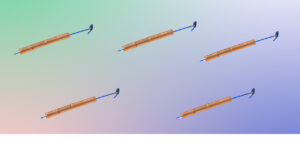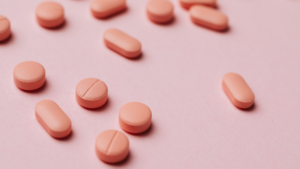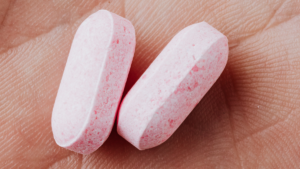by The Lowdown · Apr 27, 2023
Reviewed by Dr. Melanie Davis-Hall on Apr 27, 2023

Learn about how Microgynon 30 and Microgynon ED affect the most common symptoms of polycystic ovary syndrome (PCOS), including acne, hair loss, and irregular periods. Plus, explore alternative options such as the vaginal ring, contraceptive patch, and hormonal coil.
What is PCOS?
Polycystic Ovary Syndrome (PCOS) is a common hormonal disorder that affects the function of the ovaries.
We are still unsure about its causes, but we think it might be related to a hormonal imbalance that impedes the egg from developing properly. It is also usually characterised by the presence of fluid filled sacs that look similar to cysts on the ovaries.
Common PCOS symptoms include irregular periods, acne, excess hair growth, weight gain and difficulty getting pregnant (1).
While there is no cure for PCOS, there are treatments available that can help manage your symptoms.
One such treatment is the combined birth control pill, and in this post, we will focus on Microgynon 30, one of the most popular contraceptive pills in the UK, and Microgynon ED.
What is Microgynon 30?
Microgynon 30 is a combined contraceptive pill containing two hormones: ethinylestradiol (a type of estrogen) and levonorgestrel (a type of progestogen). It is a small tablet to be taken orally every day. It works by preventing ovulation, thinning the lining of the womb, and thickening the cervical mucus, making it harder for sperm to reach the egg.
What is Microgynon ED?
Microgynon ED is the same as Microgynon 30, but it comes in a pack of 28 tablets, seven of which are placebo pills. It was designed to make it easier to take if you often forget to take the next tablet on the right day. However, it’s important to note that there are no health benefits associated with the seven-day hormone break, and taking your pill back to back might actually increase the pill’s effectiveness and even reduce its side effects. Therefore, it is solely a matter of preference and what works best for you. If you’re curious about the benefits of taking the pill back to back, you can read this blog about it.
If you’re unsure which contraception method is right for you, check out our contraception recommender tool to find the one that suits your lifestyle.
Is Microgynon good for PCOS?
Yes, Microgynon could be a good treatment option for PCOS. The combination of progestogen and oestrogen hormones in the pill can help regulate the menstrual cycle and reduce the levels of androgens in the body, which can help manage symptoms such as irregular periods, acne, and excess hair growth. Let’s dive into each of these PCOS symptoms their relation to Microgynon.
Microgynon and Acne
Acne is a common symptom of PCOS and can be particularly difficult to manage. However, the oestrogen in Microgynon 30 can help reduce the severity of and treat acne. In a review of 12 studies, researchers found that combined oral contraceptives, like Microgynon 30, were among the most effective ways to reduce acne in women with PCOS (2). You can check out our guide on the best contraceptive pill for acne to know more about how hormones affect our skin.
Microgynon and excess hair growth
Excess hair growth (hirsutism) is another common symptom of PCOS. The growth is caused by the increased levels of androgens like testosterone in the body. Oestrogen inhibits sex hormone binding globulin (SHBG), a hormone that controls testosterone production. The effect of this can reduce excess hair growth. To know more about how PCOS affects hair growth, how the pill can inhibit it and how to manage it, check out this amazing blog on PCOS and hirsutism.
Microgynon and irregular periods
Irregular and infrequent periods are a hallmark symptom of PCOS and can be particularly difficult to manage. However, the hormones in Microgynon 30 can help regulate the menstrual cycle by controlling when you bleed. This can include stopping periods altogether if you wish, or reducing the frequency and intensity of periods. In fact, combined hormonal contraception is recommended as the first-line treatment for menstrual irregularity (3).
Order Microgynon from The Lowdown
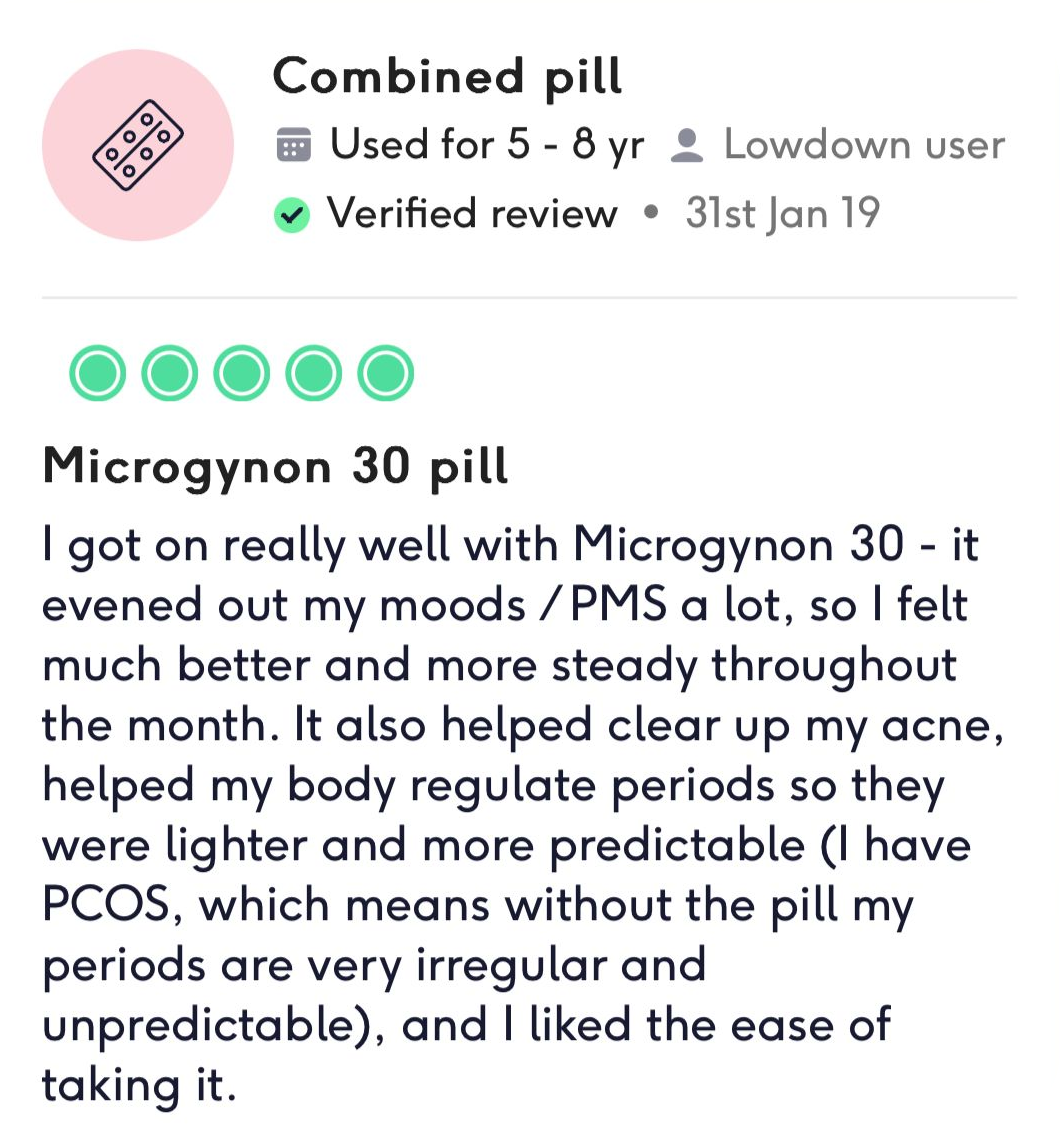
Check out our reviews for Microgynon 30 and Microgynon ED.
What other types of contraception can I use for PCOS?
The patch and the vaginal ring work very similarly to the Microgynon pill. They both contain oestrogen and progestogen; the main difference is how you take them. Therefore, they are both good options to explore if you’re struggling with PCOS.
Other combined-pill types (in particular pills containing the progestogen drospirenone like Yasmin) may also be helpful for PCOS, as they tackle symptoms such as acne, hair loss and hirsutism. You can check out the reviews for each type of combined pill.
Lastly, the hormonal coil could also be a good option for people with PCOS, as it helps keep the womb lining thin and reduces the risk of endometrial cancer which can increase with very infrequent periods associated with PCOS. One potential drawback is that it does not produce regular periods if that’s something you would prefer.
You can check out our guide on the best contraception for PCOS for an in-depth analysis of each type and its effects on other symptoms, such as weight gain.
The best type of contraception for PCOS varies from person to person, so it’s a good idea to speak to a women’s health GP who can guide you in finding the best option for you.

Tags
- NHS. (2021). Polycystic Ovary Syndrome.
- Carmina E., et al. (2022). Female Adult Acne and Androgen Excess: A Report From the Multidisciplinary Androgen Excess and PCOS Committee. Journal of the Endocrine Society.
- FSRH (2020). Clinical Guideline: Combined Hormonal Contraception.

